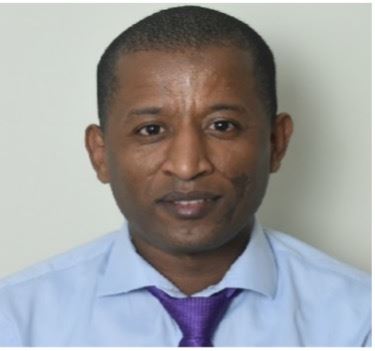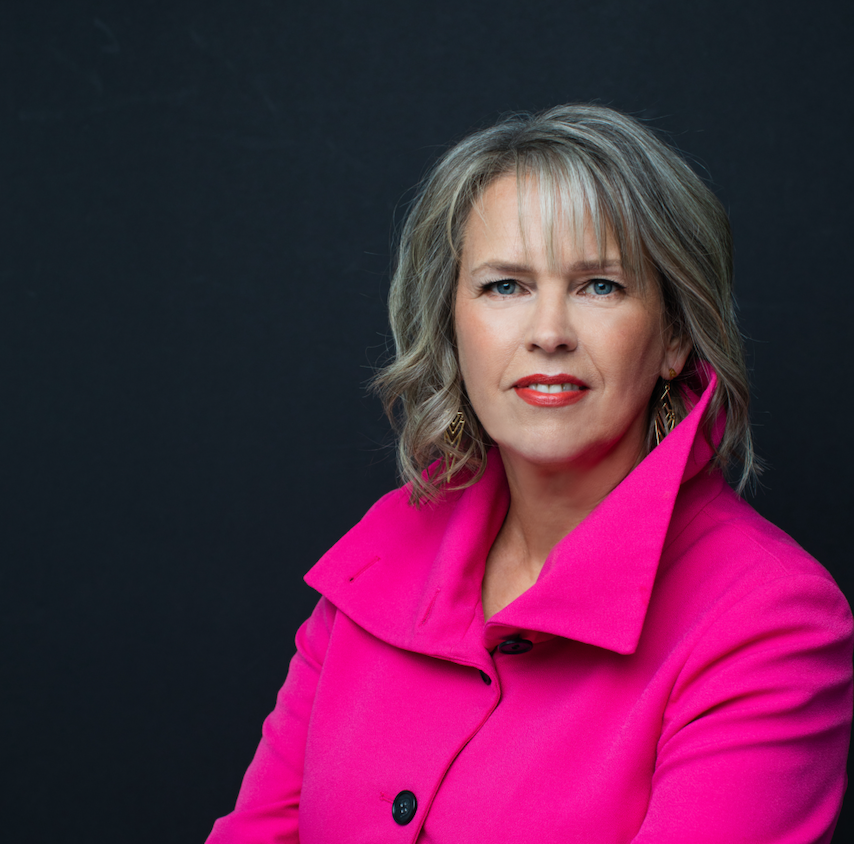The Northeastern University Public Evaluation Lab (NU-PEL) and the Greater Boston Evaluation Network (GEBN) will be co-hosting a virtual event to continue our Culturally Responsive Evaluation (CRE) series. To embed diversity, equity, and inclusion in evaluation and assessment practices, there is an increasing need to focus on the role of culture. We will have a panel of expert evaluators, who will share how CRE looks like in their work, discuss potential challenges, and offer recommendations on how to implement CRE in practice.
The presentations will be recorded. However, please note that not all slide presentations will be shared, but resources for further reading will be.
Agenda:
- 10:00-10:15: Welcome and introductions
- 10:15-11:00: Panelists presentations
- 11:00-11:30: Q&A Discussions
You must register for the event to receive the online meeting information.
We are excited to have these 3 speakers present:
 Alemayehu D. Bekele is a research associate at Education Development Center (EDC), with expertise in conducting culturally responsive and equity-focused evaluations, and technical assistance supporting education projects to improve disparity and inequity in formal and informal education systems. He is an alumnus of the American Evaluation Association Graduate Education Diversity Internship (GEDI) Program. Some of his current works focus on broadening participation of underrepresented populations in STEM, culturally responsive evaluation in informal science spaces, and evaluation of culturally responsive professional development programs. Stakeholder engagement is a key aspect of culturally responsive evaluation and to enhance those relationships and partnerships, he uses community-based, participatory, and mixed methods evaluation approaches. Before joining EDC, Bekele worked at the International Institute of Education and Radboud University. Bekele has a Ph.D. in Social Sciences from Radboud University and an MA in Sustainable International Development from Brandeis University.
Alemayehu D. Bekele is a research associate at Education Development Center (EDC), with expertise in conducting culturally responsive and equity-focused evaluations, and technical assistance supporting education projects to improve disparity and inequity in formal and informal education systems. He is an alumnus of the American Evaluation Association Graduate Education Diversity Internship (GEDI) Program. Some of his current works focus on broadening participation of underrepresented populations in STEM, culturally responsive evaluation in informal science spaces, and evaluation of culturally responsive professional development programs. Stakeholder engagement is a key aspect of culturally responsive evaluation and to enhance those relationships and partnerships, he uses community-based, participatory, and mixed methods evaluation approaches. Before joining EDC, Bekele worked at the International Institute of Education and Radboud University. Bekele has a Ph.D. in Social Sciences from Radboud University and an MA in Sustainable International Development from Brandeis University.


Dr. Marcia Coné is the Director of Practice Engagement and Evolution at Equitable Evaluation Initiative (EEI).For nearly three decades, Marcia has worked in partnership with NGOs, Philanthropy, PSOs, and Grassroots and Grasstops leaders to shift the paradigm and create cultures where intersectional equity is at the center. She brings a depth and breadth of experience that fuels her passion for moving the philanthropic sector away from a traditional framework towards bold philanthropy that is a catalyst for change. Marcia served as the Chief Strategist for the Women’s Funding Network and the Change Strategist for Advancing Workplace Excellence. The founding CEO of the Women’s Fund of Rhode Island, her leadership galvanized action to advance women and girls representation, rights, and economic equity through cross sector partnerships, community and constituent engagement, and strategic investments. Marcia holds a PhD and MSW from Boston College’s School of Social Work. Her past academic leadership includes serving as full-time, interim, and adjunct faculty at several colleges and universities across the country. Marcia’s most recent publication is entitled, “Permission Granted: Changing the Paradigm for Women in Leadership”.

 Noe J. Medina has worked in the field of education for more than 30 years. He established Education Policy Research (www.eprconsulting.net) in 1986 as an independent consulting firm to provide evaluation services to school districts, charter schools, higher education institutions, museums, non-profit organizations, and state agencies. He has designed and facilitated collaborative, culturally-responsive evaluations of projects designed to improve student achievement, reduce at-risk behaviors among adolescents and youth, promote health and wellness among students, address skill and learning needs of school staff, increase use of computers and telecommunications in the school, and restructure the operation of schools. These projects have generally focused on the needs of communities of color and other at-risk and underserved populations.
Noe J. Medina has worked in the field of education for more than 30 years. He established Education Policy Research (www.eprconsulting.net) in 1986 as an independent consulting firm to provide evaluation services to school districts, charter schools, higher education institutions, museums, non-profit organizations, and state agencies. He has designed and facilitated collaborative, culturally-responsive evaluations of projects designed to improve student achievement, reduce at-risk behaviors among adolescents and youth, promote health and wellness among students, address skill and learning needs of school staff, increase use of computers and telecommunications in the school, and restructure the operation of schools. These projects have generally focused on the needs of communities of color and other at-risk and underserved populations.